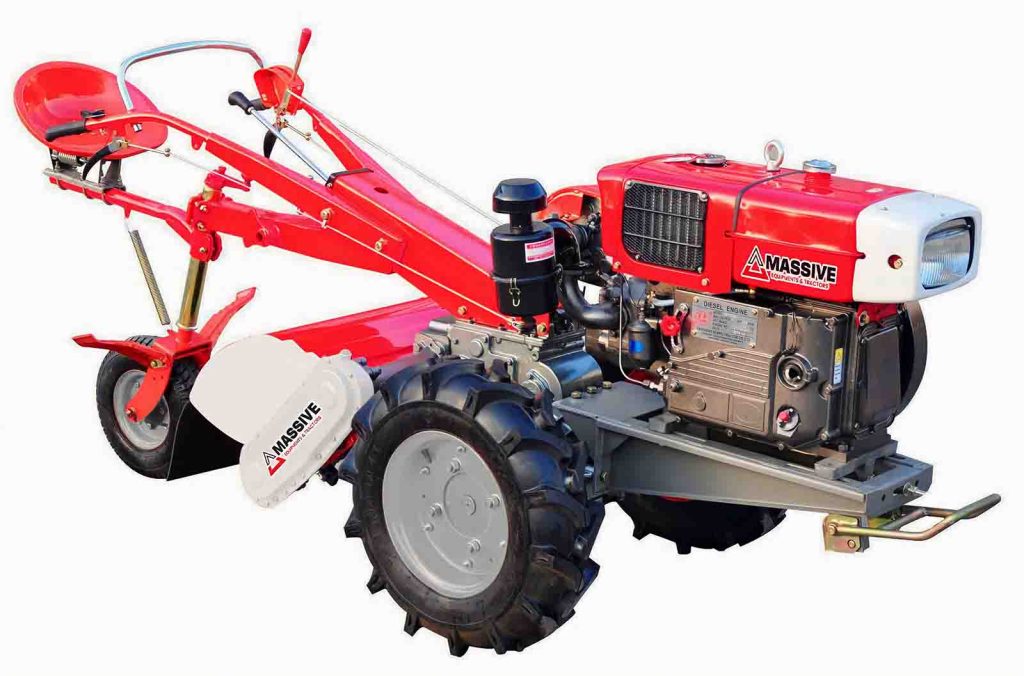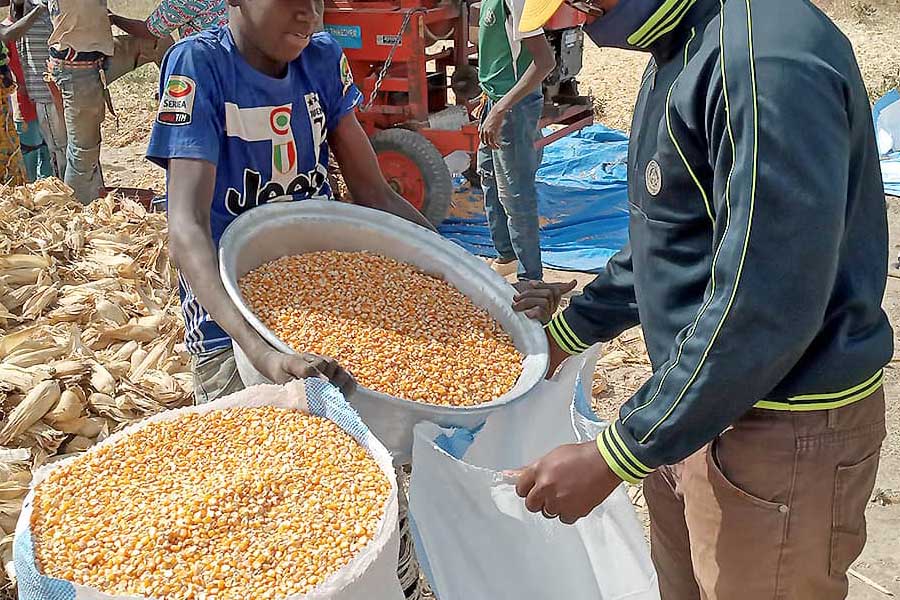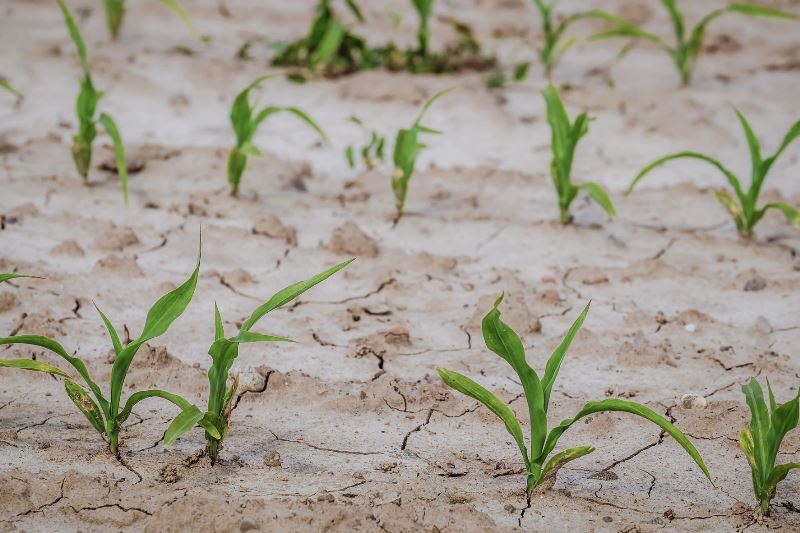Power tillers, also known as walking tractors, are essential tools for modern agricultural practices. These machines are designed to assist farmers in handling various tasks, such as soil preparation, planting, weeding, and even harvesting, with increased efficiency and reduced manual labor. Compact, versatile, and cost-effective, power tillers are a game-changer for small- and medium-scale farmers who seek to improve productivity and maximize output from their land.

At Tractor Provider Ghana, we are committed to delivering cutting-edge farming solutions that cater to the unique needs of the Ghanaian agricultural sector. Among our premium product offerings are the Massive MT-22 Walking Tractor Electric and the Massive MT-20 Walking Tractor Electric. These high-performance models are designed to simplify farming operations, save time, and boost productivity, making them an ideal choice for farmers across Ghana.
Below, we provide an in-depth overview of these models and their remarkable features that make them stand out.
Massive MT-22 Walking Tractor Electric
Massive MT-22 Walking Tractor Electric is a robust and highly efficient power tiller designed to handle a wide range of farming tasks with ease. With its powerful 22 HP engine and durable construction, this model is perfectly suited for small- and medium-scale farming operations.
Key Features:
- 22 Horsepower Engine: Delivers exceptional performance, ensuring efficient execution of tasks such as ploughing, tilling, and harvesting.
- Electric Start Mechanism: Allows seamless and quick operation, eliminating the complexities of manual starting.
- Durable Construction: Built with a strong two-wheel chassis to endure rigorous field conditions.
- Compatible Attachments: Interchangeable tools enable diverse applications, such as weeding, seeding, and irrigation.
- Compact and Agile: Its maneuverable design makes it ideal for navigating tight spaces and intricate plots.
Benefits of the MT-22:
Farmers utilizing the Massive MT-22 can expect significant time and cost savings due to its adaptability and multi-functionality. Its compact build ensures stable and easy handling, even in challenging farming conditions. Designed for durability, the MT-22 guarantees long-term performance, making it a cost-effective investment for agricultural operations.
Massive MT-20 Walking Tractor Electric
The Massive MT-20 Walking Tractor Electric combines reliability and efficiency, making it a valuable tool for farmers engaged in small-scale or moderately intensive farming. With a slightly smaller engine than the MT-22, this model balances affordability with versatile performance.
Key Features:
- 20 Horsepower Engine: Adequately powerful to handle tasks like soil cultivation, planting, and maintenance work efficiently.
- Electric Start System: Provides swift starting convenience, minimizing downtime during operations.
- Lightweight Design: Simplifies maneuvering and is particularly suitable for operators who are new to power tillers.
- Interchangeable Attachments: Offers flexibility to perform various agricultural tasks with one machine.
Benefits of the MT-20:
MT-20 stands out for its fuel efficiency and smooth handling, making it an excellent option for farmers with smaller plots or backyard gardens. Its accessibility and user-friendly design make it a perfect choice for those looking to transition from traditional tools to a modern farming solution.
Why Choose Tractor Provider?
At Tractor Provider Ghana, we pride ourselves on offering high-quality agricultural equipment that meets the demands of Ghanaian farmers. Both the Massive MT-22 and Massive MT-20 Walking Tractors are engineered to be durable, reliable, and tailored for local farming conditions, offering a modern alternative to traditional tools.
Advantages of Purchasing from Tractor Provider:
- Durability and Dependability: Our machines are built with high-quality materials to withstand demanding agricultural environments in Ghana.
- Affordable Pricing: Competitively priced to ensure farmers can access world-class equipment without compromising their budgets.
- Nationwide Support: With delivery services across Ghana, we make it easy for farmers in all regions to acquire essential farming equipment.
- Expert Guidance: Our experienced team is available to provide personalized advice and support, ensuring you select the right model for your specific farming needs.
Invest in the future of your farm with the reliable and efficient power tillers from Tractor Provider. The Massive MT-22 and Massive MT-20 Walking Tractors are designed to empower Ghanaian farmers with the tools needed to increase productivity, reduce labor, and achieve greater success in their agricultural endeavors.



